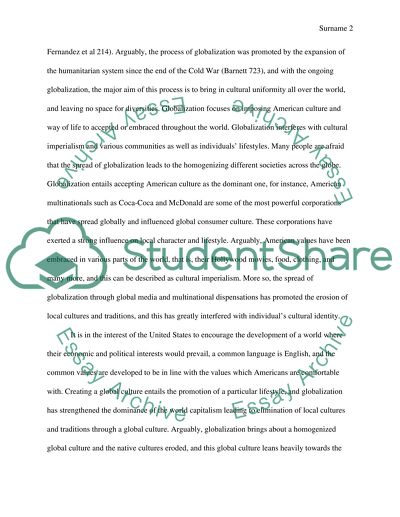Cite this document
(“How does globalization affect cultural imperialism and communities in Research Paper”, n.d.)
How does globalization affect cultural imperialism and communities in Research Paper. Retrieved from https://studentshare.org/philosophy/1493638-how-does-globalization-affect-cultural-imperialism
How does globalization affect cultural imperialism and communities in Research Paper. Retrieved from https://studentshare.org/philosophy/1493638-how-does-globalization-affect-cultural-imperialism
(How Does Globalization Affect Cultural Imperialism and Communities in Research Paper)
How Does Globalization Affect Cultural Imperialism and Communities in Research Paper. https://studentshare.org/philosophy/1493638-how-does-globalization-affect-cultural-imperialism.
How Does Globalization Affect Cultural Imperialism and Communities in Research Paper. https://studentshare.org/philosophy/1493638-how-does-globalization-affect-cultural-imperialism.
“How Does Globalization Affect Cultural Imperialism and Communities in Research Paper”, n.d. https://studentshare.org/philosophy/1493638-how-does-globalization-affect-cultural-imperialism.


